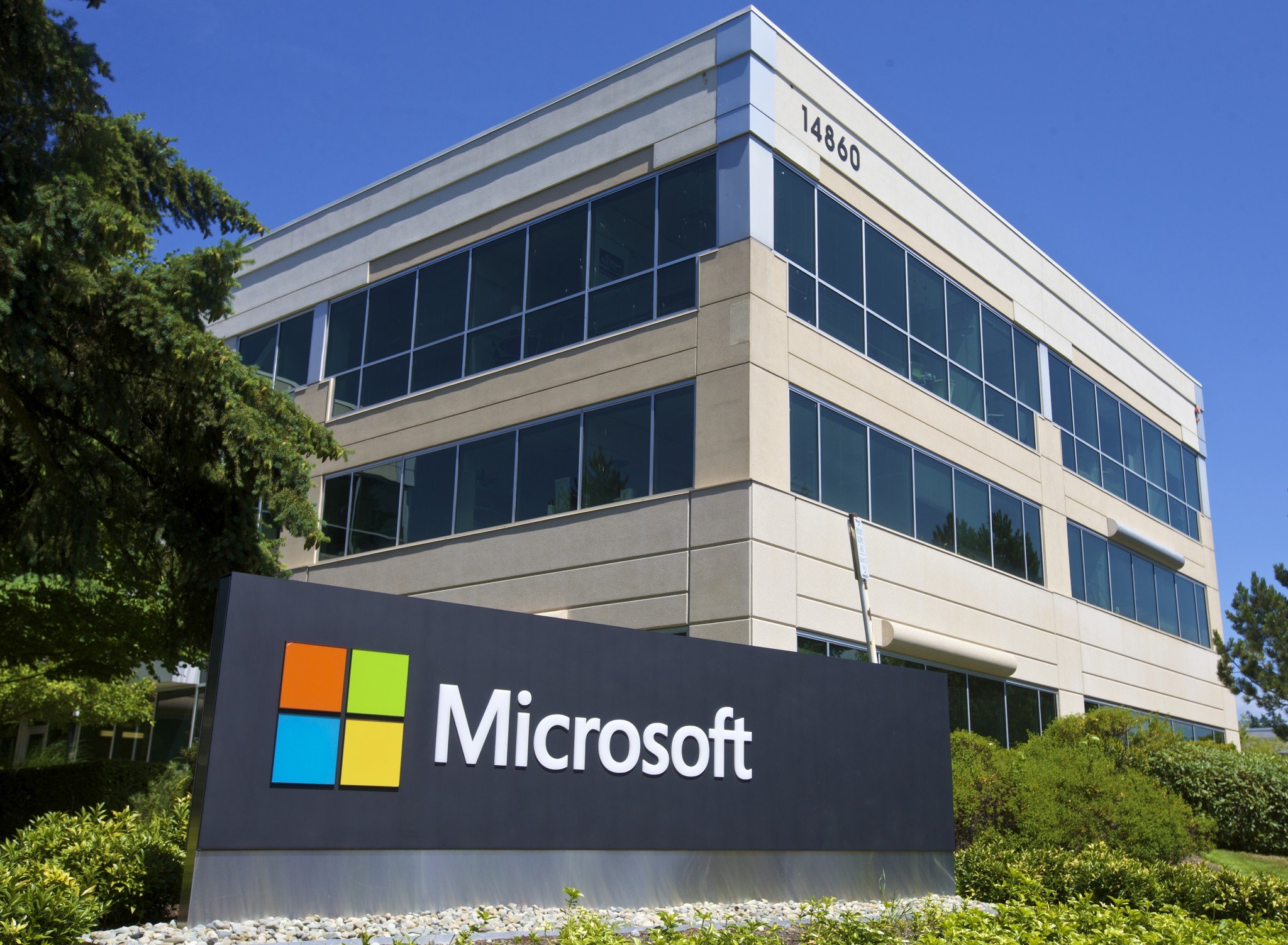
What you need to know
- Microsoft solutions consultant Sam Mitrovic recently published a blog post highlighting how he almost lost access to his Gmail account to hackers using a super realistic AI scam.
- The hackers purported to be part of Google’s Support team (with discretely disguised phone number and email address) to lure the consultant into sharing intricate and confidential details about his Gmail account.
- While the phone number was featured on Google’s Business Page, the consultant discovered that the email address used to contact him was under a non-Google domain.
As a long-time user of various digital platforms, I can confidently say that the rise of AI technology has undeniably made our lives easier and more efficient. However, it seems that the villains of the digital world are also adapting to this new tool, using its capabilities for nefarious purposes.
Over the last several years, the development and widespread use of generative AI in fields such as medicine, technology, and education has boosted productivity and performance. Yet, cybercriminals appear to be boarding the AI bandwagon too, leveraging its advanced features to trick innocent users with carefully designed cyber-attacks.
In a blog post penned by Microsoft solutions expert Sam Mitrovic, it’s been revealed that cunning hackers are employing a highly advanced scam using artificial intelligence (AI) phone calls to deceive Gmail users. The consultant describes this scheme as a “strikingly realistic AI fraud call,” suggesting that even the most seasoned users might unwittingly become ensnared in the trickery.
Approximately 2.5 billion users of Google’s Gmail service might find themselves vulnerable, providing an opportunity for malicious individuals to gain unauthorized access to sensitive data which could be exploited to inflict damage or be illegally traded on underground markets.
Mitrovic uncovered a cunning scheme when a message appeared on his gadget, inviting him to verify a Google account recovery attempt via Gmail. It’s common knowledge that hackers often employ this outdated method to entice unwary users into falling for their scams. Thankfully, Mitrovic refused the offer and continued with his day. Subsequently, he was notified of a missed call from Google in Sydney.
A week later, Mitrovic found himself in a curious situation again. When he answered a call that supposedly came from Google Sydney, he was informed it was their Support team. They said they had detected strange activity on his account, which happened to be around the same time as the previous incident. The representative stated hackers might have breached Mitrovic’s account and stolen data at that time.
Currently, the Microsoft consultant’s doubts were at their peak, leading him to verify the caller’s ID on Google. Even though he confirmed that the phone number was indeed associated with Google’s business page, Mitrovic remained skeptical. It’s important to remember that deceivers often employ clever strategies to hide their real identities.
Mitrovic requested the representative to email him, which would help him determine their identity. While the email almost fooled the Microsoft consultant, one of the addresses in the “to” field sold them out as it was discretely disguised under a non-Google domain.
Towards the end of his blog post, Mitrovic hinted that a key sign of the fraud was when he got the phone call.
Initially, the voice on the phone simply said ‘Hello.’ I didn’t respond. About ten seconds later, it repeated ‘Hello.’ By that time, I recognized it as an artificial intelligence voice due to its flawless pronunciation and rhythm.
According to Mitrovic:
“Fraudulent activities are becoming more complex, convincing, and widespread. Due to our busy lives, they can easily trick people into believing they’re legitimate. Many individuals might be deceived by these schemes. Although there are numerous anti-scam tools available, the most effective weapon at an individual level remains vigilance – performing basic checks or asking for help from trusted sources.
As an analyst, I promptly ended a conversation once I realized I was engaging with individuals who might attempt to coax my Google account login details for potential unauthorized access to my Gmail account.
Microsoft is doubling down on security as hackers embrace AI

Google has teamed up with the Global Anti-Scam Alliance (GASA) and DNS Research Federation (DNS RF) to combat advanced cyber threats. By launching the Global Signal Exchange program, users will receive immediate updates about complex online scams and fraud tactics used by hackers, which may keep them safe from potential harm.
Microsoft has experienced a series of security breakdowns. Yet, during their FY24 Q3 earnings call, CEO Satya Nadell emphasized that they are prioritizing this critical area, focusing more intensely on security than any other feature or investment.
A key aspect of our company’s strategy to enhance security in our technology infrastructure is by linking a portion of executive compensation to achieving specified cybersecurity benchmarks with Microsoft executives. Additionally, we commit to swiftly addressing and resolving any security concerns that arise, ensuring prompt action for resolution.
Read More
- SQR PREDICTION. SQR cryptocurrency
- PUPS PREDICTION. PUPS cryptocurrency
- DOGS PREDICTION. DOGS cryptocurrency
- DOP PREDICTION. DOP cryptocurrency
- CLOUD PREDICTION. CLOUD cryptocurrency
- TON PREDICTION. TON cryptocurrency
- KNINE PREDICTION. KNINE cryptocurrency
- LINK PREDICTION. LINK cryptocurrency
- HI PREDICTION. HI cryptocurrency
- NEON PREDICTION. NEON cryptocurrency
2024-10-14 19:40